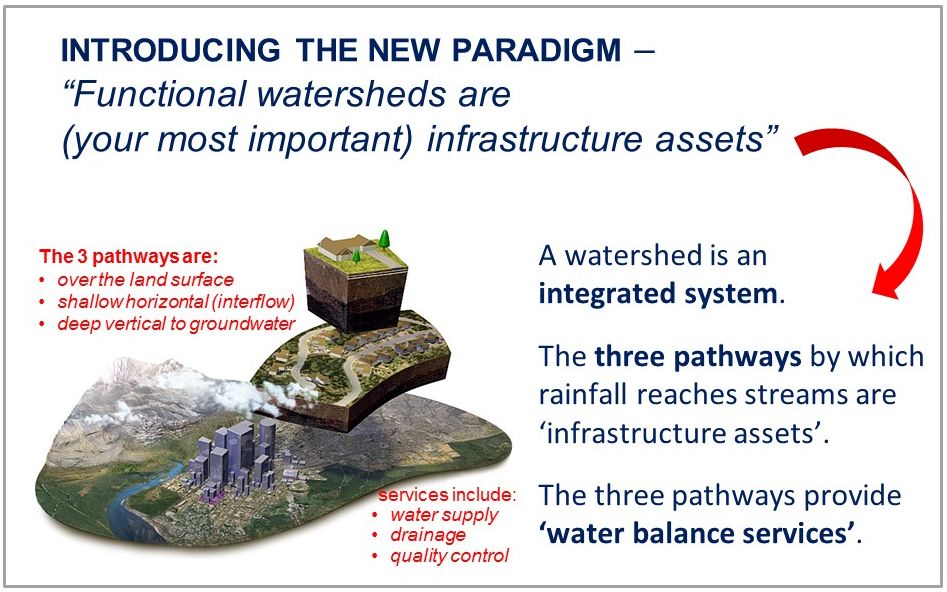OPINION: Climate change threatens survival of Cowichan River, says David Anderson, former federal Minister of Enironment
A Call for Action Before it is Too Late
“Climate change impacts are showing up right here and they are showing up now,” wrote David Anderson in an article about the Cowichan River on Vancouver Island.
 “The Cowichan River Basin is in its third consecutive year of drought and in its eighth drought year since 1998. The Cowichan River is the lifeblood of the Cowichan Valley.”
“The Cowichan River Basin is in its third consecutive year of drought and in its eighth drought year since 1998. The Cowichan River is the lifeblood of the Cowichan Valley.”
“Clearly, this is a case where governments and stakeholders need to come together to help mitigate the effects of climate change on a precious and important natural resource.”
“Unfortunately, while our federal and provincial governments talk the talk on climate change, they have yet to show real leadership to climate change problems such as those of the Cowichan,” concluded David Anderson.
To Learn More:
Download Opinion: Climate change threatens survival of Cowichan River to read the complete article by David Anderson as published in the Vancouver Sun newspaper on September 23, 2916.
About David Anderson:
David Anderson served for 13 years as MP for Victoria. He served In the Chretien cabinet as Minister of Fisheries and as Minister of the Environment, and for eight years was the senior minister from British Columbia.
Cowichan region is an incubator for ‘watershed systems thinking’
The Cowichan Valley Regional District is one of five regional districts that are partners in the Georgia Basin Inter-Regional Educational Initiative (IREI). In November 2015, Kim Stephens (Executive Director, Partnership for Water Sustainability in British Columbia) met with the Regional Board to provide the members with an update.
 “The new paradigm is to think of watersheds as infrastructure assets,” he stated. “I emphasize those words infrastructure assets. As local government, that is your primary function to think about those meat and potato services such as water systems, sewage systems and road systems. Where we are at now is to also think of watersheds as assets. As an asset, this means being managed, being protected. And so, the key thought is that a watershed is an integrated system.”
“The new paradigm is to think of watersheds as infrastructure assets,” he stated. “I emphasize those words infrastructure assets. As local government, that is your primary function to think about those meat and potato services such as water systems, sewage systems and road systems. Where we are at now is to also think of watersheds as assets. As an asset, this means being managed, being protected. And so, the key thought is that a watershed is an integrated system.”
To Learn More:



